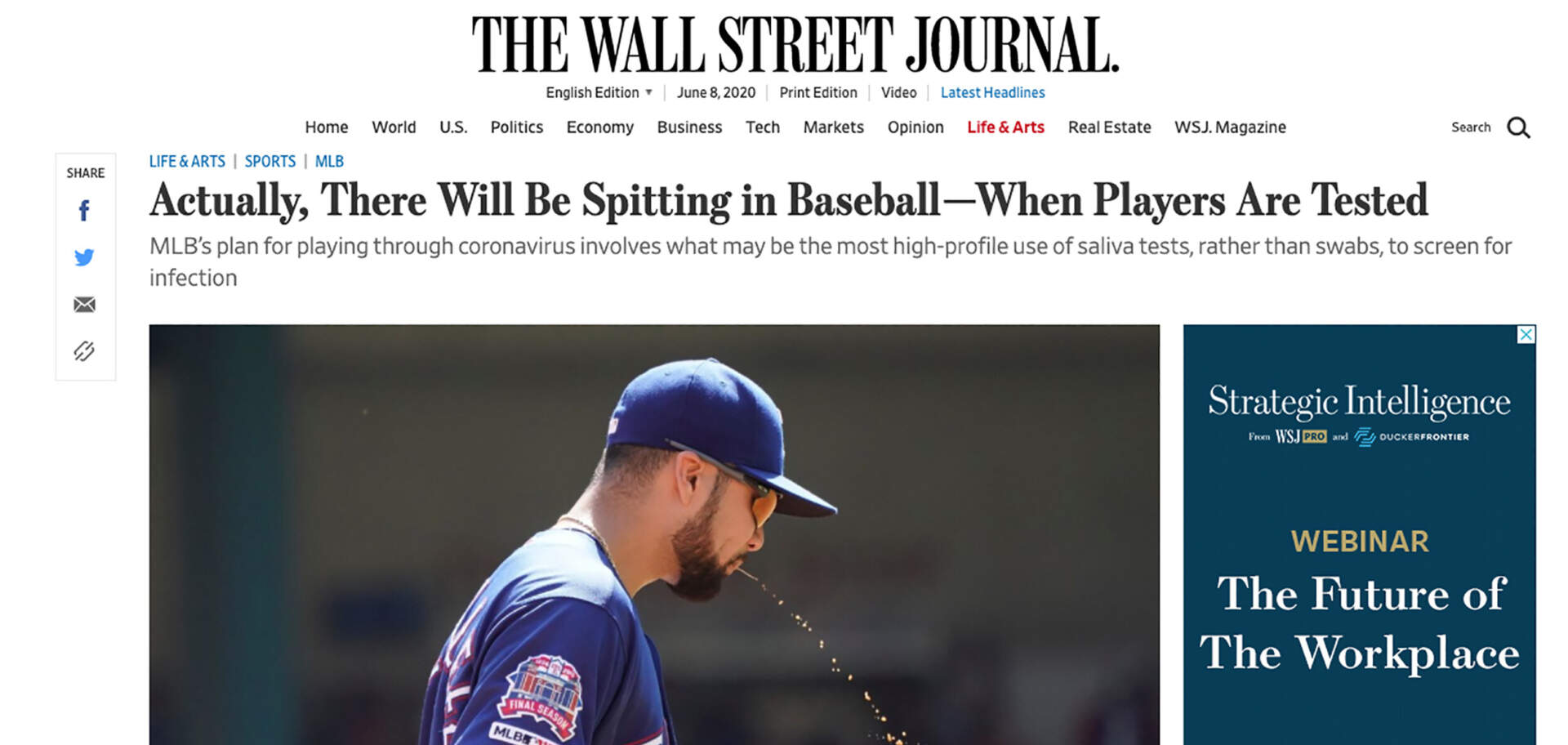WALL STREET JOURNAL:
THE NEW YORK TIMES: Just Spit and Wait – New Coronavirus Test Offers Advantage
By Jared Diamond and Louise Radnofsky
Published: May 21, 2020
Published: May 21, 2020
In the bizarro season Major League Baseball hopes to have this summer, players will be forced to do the unthinkable in order to prevent the spread of the novel coronavirus: refrain from spitting, a tradition as much a part of the game as the ceremonial first pitch and seventh-inning stretch.
Under MLB’s proposed health and safety protocol to play amid a global pandemic, sunflower seeds and smokeless tobacco are considered contraband. Communal water jugs are outlawed. Licking one’s fingers is against the rules. Players will be required to keep their saliva in their mouths at all times.
Except, that is, in one key instance: when they’re being tested for the virus.
MLB is betting big on saliva tests for coronavirus as the mechanism that will allow it to proceed this year. In doing so, it will become perhaps the highest-profile employer to embrace the approach on such a large scale. The league plans to test all personnel—including players, coaches, umpires, and other employees deemed essential—several times a week as part of a plan to play a fanless, shortened schedule that does not subject employees to a quarantine.
According to MLB’s proposed 2020 operations manual, a copy of which was obtained by The Wall Street Journal, “the vast majority (if not all) of these diagnostic/PCR tests will be run on saliva collections.”
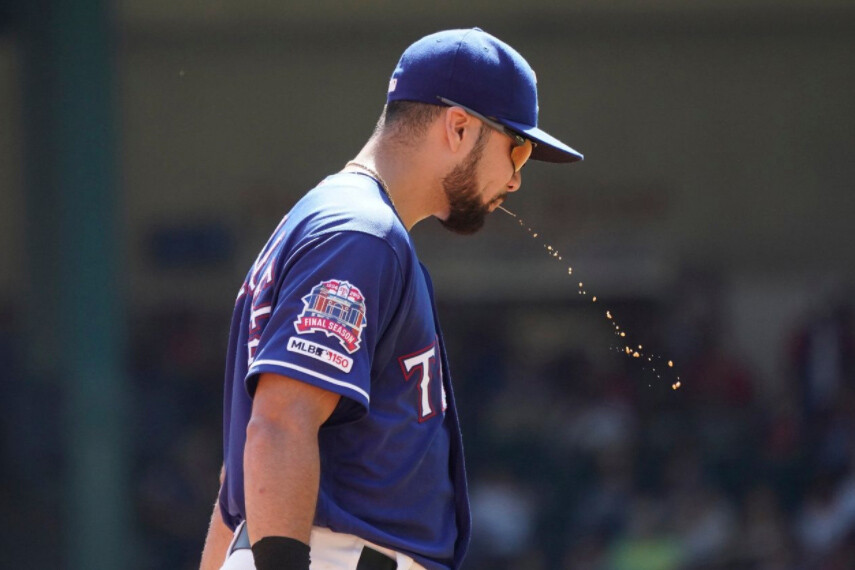
Players will be required to keep their saliva in their mouths at all times. | PHOTO: LOUIS DELUCA/ASSOCIATED PRESS
WALL STREET JOURNAL:
Actually, There Will be Spitting in Baseball—When Players Are Tested
By Jared Diamond and Louise Radnofsky
Published: May 21, 2020
Published: May 21, 2020
In the bizarro season Major League Baseball hopes to have this summer, players will be forced to do the unthinkable in order to prevent the spread of the novel coronavirus: refrain from spitting, a tradition as much a part of the game as the ceremonial first pitch and seventh-inning stretch.
Under MLB’s proposed health and safety protocol to play amid a global pandemic, sunflower seeds and smokeless tobacco are considered contraband. Communal water jugs are outlawed. Licking one’s fingers is against the rules. Players will be required to keep their saliva in their mouths at all times.
Except, that is, in one key instance: when they’re being tested for the virus.
MLB is betting big on saliva tests for coronavirus as the mechanism that will allow it to proceed this year. In doing so, it will become perhaps the highest-profile employer to embrace the approach on such a large scale. The league plans to test all personnel—including players, coaches, umpires, and other employees deemed essential—several times a week as part of a plan to play a fanless, shortened schedule that does not subject employees to a quarantine.
According to MLB’s proposed 2020 operations manual, a copy of which was obtained by The Wall Street Journal, “the vast majority (if not all) of these diagnostic/PCR tests will be run on saliva collections.”

Players will be required to keep their saliva in their mouths at all times. | PHOTO: LOUIS DELUCA/ASSOCIATED PRESS
The experience of using a swab to test for COVID-19 likened to having their brain poked.
The most common way of testing for coronavirus so far has involved a nasopharyngeal swab, a method that has faced challenges. The collection is invasive and uncomfortable, with some people likening the experience to having their brain poked.
The swabs themselves have been difficult to obtain, and the test needs to be administered by a medical provider, wearing protective gear. All of that has put testing in scarce supply at times and created a fraught environment for anyone seen to be taking health-care capacity away from others.
Baseball is trying to do something that few other institutions have attempted so far: regularly test a large number of people in order to confirm that they’re healthy, as opposed to testing a few people only when there’s a particular reason to believe they could be sick.
Effectively, it’s trying to screen for possible infection, and screen often, which is typically incompatible with planning to conduct more than 1,000 nasal probes, three times a week, for months—just for the sake of reassurance.
Saliva is baseball’s solution. MLB is asking the lab in Utah that runs its performance-enhancing drug program to process coronavirus test results and its employees to agree to the least resource-intensive method available to generate samples: spitting into a cup.
It’s extremely new on the scene. The Food and Drug Administration granted the first emergency use authorization for saliva collection on April 13 to a team at Rutgers University’s RUCDR Infinite Biologics, and another for at-home use on May 8. Researchers at Yale University have published a study, which has not been peer-reviewed, that found that the simpler, painless saliva method was as successful at detecting coronavirus as swabs. Another study out of Italy last month also concluded that saliva was a reliable tool to test for coronavirus.
The spit approach has been eyed enthusiastically by many infectious disease experts, in no small part because it could alleviate the nation’s testing woes more broadly.
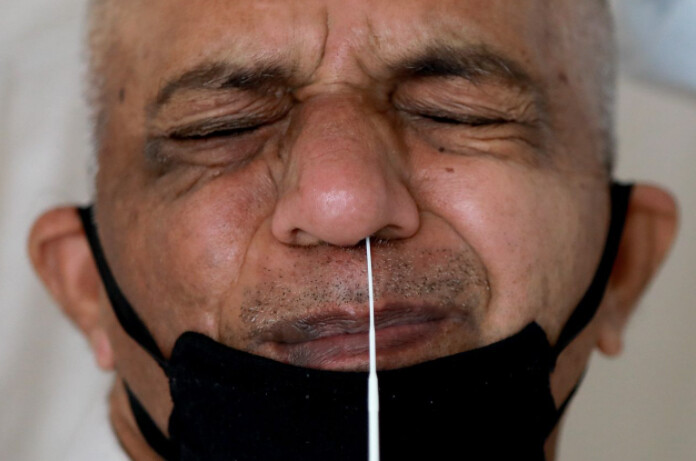
Doctor takes a swab from his nose to test for the coronavirus | PHOTO: ANUSHREE FADNAVIS/REUTERS
The experience of using a swab to test for COVID-19 likened to having their brain poked.
The most common way of testing for coronavirus so far has involved a nasopharyngeal swab, a method that has faced challenges. The collection is invasive and uncomfortable, with some people likening the experience to having their brain poked.
The swabs themselves have been difficult to obtain, and the test needs to be administered by a medical provider, wearing protective gear. All of that has put testing in scarce supply at times and created a fraught environment for anyone seen to be taking health-care capacity away from others.
Baseball is trying to do something that few other institutions have attempted so far: regularly test a large number of people in order to confirm that they’re healthy, as opposed to testing a few people only when there’s a particular reason to believe they could be sick.
Effectively, it’s trying to screen for possible infection, and screen often, which is typically incompatible with planning to conduct more than 1,000 nasal probes, three times a week, for months—just for the sake of reassurance.
Saliva is baseball’s solution. MLB is asking the lab in Utah that runs its performance-enhancing drug program to process coronavirus test results and its employees to agree to the least resource-intensive method available to generate samples: spitting into a cup.
It’s extremely new on the scene. The Food and Drug Administration granted the first emergency use authorization for saliva collection on April 13 to a team at Rutgers University’s RUCDR Infinite Biologics, and another for at-home use on May 8. Researchers at Yale University have published a study, which has not been peer-reviewed, that found that the simpler, painless saliva method was as successful at detecting coronavirus as swabs. Another study out of Italy last month also concluded that saliva was a reliable tool to test for coronavirus.
The spit approach has been eyed enthusiastically by many infectious disease experts, in no small part because it could alleviate the nation’s testing woes more broadly.

Doctor takes a swab from his nose to test for the coronavirus | PHOTO: ANUSHREE FADNAVIS/REUTERS
Baseball confident that saliva testing is ready for the big leagues.
“Saliva is looking quite feasible for screening,” said Jeanne Marrazzo, director of infectious diseases at the University of Alabama at Birmingham, of baseball’s plan. “Several large institutions are considering using this approach for back to school or college in the fall.”
Some organizations have considered the Rutgers test but are reluctant to go all-in on it, over fears that it is still unproven and may not succeed in immediately flagging an ill employee.
But baseball is confident that this saliva test is ready for the big leagues, considering it the best available option for high-volume screening on a consistent group of people, a person familiar with the league’s testing plans said.
There are several reasons for that, this person said. For starters, the ease of administering the test ensures compliance, a necessity for baseball to contain an outbreak. It also reduces the risk of error by the person administering the test, a common problem with the swab tests.
Most importantly, the league believes the results are as accurate as the swab tests, making the saliva test ideal for a program of this magnitude. Ultimately, MLB will need to process tens of thousands of coronavirus tests over several months. It hopes to restart spring training in June, followed by opening day in early July.
The MLB Players Association, which has to sign off on the plan before baseball can resume, is also comfortable with the accuracy of the saliva test, a person familiar with the union’s thinking said.
After consulting with medical experts, the MLBPA shared MLB’s view that swabs are unpleasant for the donor, risky for the administrator, and present the risk of siphoning protective equipment from health care professionals.
(The league and the union must also reach an agreement on player compensation and other economic considerations during a season without fans, potentially a thornier issue to overcome than health and safety.)
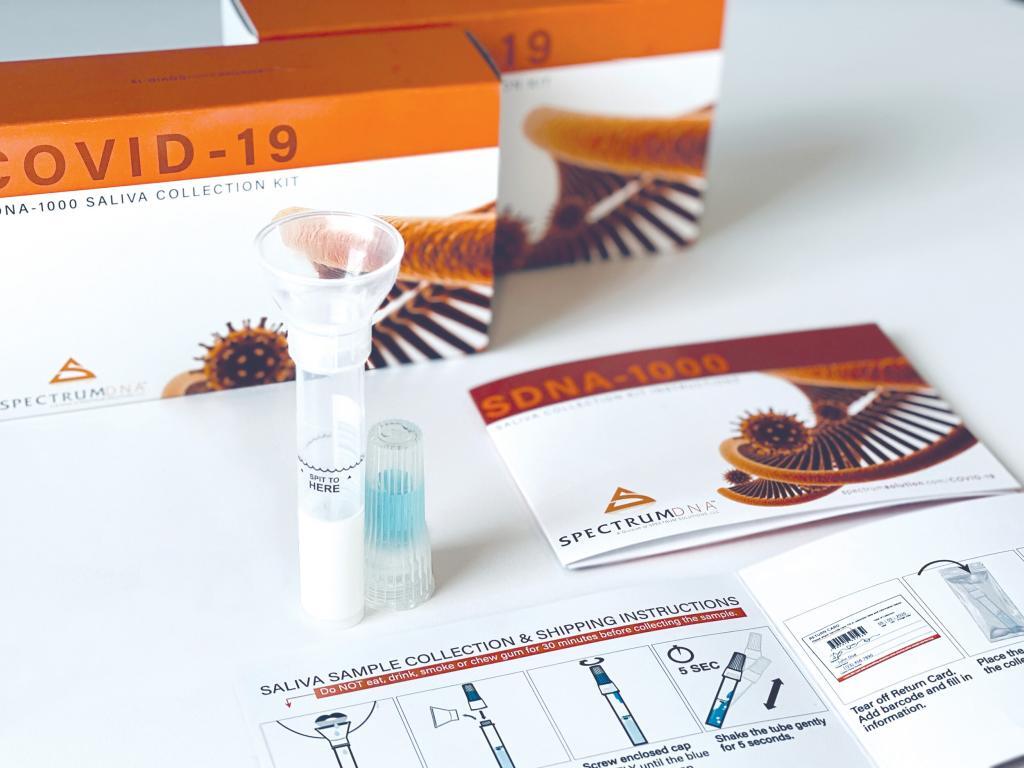
© Spectrum Solutions™ | Photo Credit: Leslie Titus Bryant
Baseball confident that saliva testing is ready for the big leagues.
“Saliva is looking quite feasible for screening,” said Jeanne Marrazzo, director of infectious diseases at the University of Alabama at Birmingham, of baseball’s plan. “Several large institutions are considering using this approach for back to school or college in the fall.”
Some organizations have considered the Rutgers test but are reluctant to go all-in on it, over fears that it is still unproven and may not succeed in immediately flagging an ill employee.
But baseball is confident that this saliva test is ready for the big leagues, considering it the best available option for high-volume screening on a consistent group of people, a person familiar with the league’s testing plans said.
There are several reasons for that, this person said. For starters, the ease of administering the test ensures compliance, a necessity for baseball to contain an outbreak. It also reduces the risk of error by the person administering the test, a common problem with the swab tests.
Most importantly, the league believes the results are as accurate as the swab tests, making the saliva test ideal for a program of this magnitude. Ultimately, MLB will need to process tens of thousands of coronavirus tests over several months. It hopes to restart spring training in June, followed by opening day in early July.
The MLB Players Association, which has to sign off on the plan before baseball can resume, is also comfortable with the accuracy of the saliva test, a person familiar with the union’s thinking said.
After consulting with medical experts, the MLBPA shared MLB’s view that swabs are unpleasant for the donor, risky for the administrator, and present the risk of siphoning protective equipment from health care professionals.
(The league and the union must also reach an agreement on player compensation and other economic considerations during a season without fans, potentially a thornier issue to overcome than health and safety.)

© Spectrum Solutions™ | Photo Credit: Leslie Titus Bryant
Saliva testing checks all the right boxes for high-volume screening.
Dr. Marrazzo said that the saliva test checks all the boxes for high-volume screening: It doesn’t generate a lot of false positives and samples are easy to obtain. Samples of the samples can even be pooled for batch testing in a laboratory, which would speed up the turnaround time, to eliminate concerns about 10 or 20 people at a time, she said.
“If the pool test is negative, you know all samples in the pool were negative and you’ve saved a lot of work,” she said, acknowledging that, yes, it sounds disgusting.
The Sports Medicine Research and Testing Laboratory, the facility in Salt Lake City that would run baseball’s program, is promising results of tests within 24 hours, the person familiar with the league’s thinking said.
Even if the saliva approach doesn’t pick up 100% of cases, Dr. Marrazzo said it could be a reasonable trade-off because of the frequency with which it could be carried out and the number of people who could be tested.
The operations manual calls for “frequent” testing, but the exact amount will be the subject of negotiation with the union. The league believes by testing multiple times per week, it can catch asymptomatic, infected people before their viral load gets high enough to infect others. There is some evidence that viral load plays a role in the transmissibility of the coronavirus, though scientists warn the disease is still too new to know much about it for certain.
The limits on spitting—outside of a cup—while at the ballpark are part of a broader array of social distancing measures the league has contemplated. These involve discouraging showers at the stadium, rearranging the dugout and bullpen areas to keep people apart and instructing players to tip clubhouse staff using PayPal or Venmo rather than cash.
What happens if a player spits during a game remains unclear.
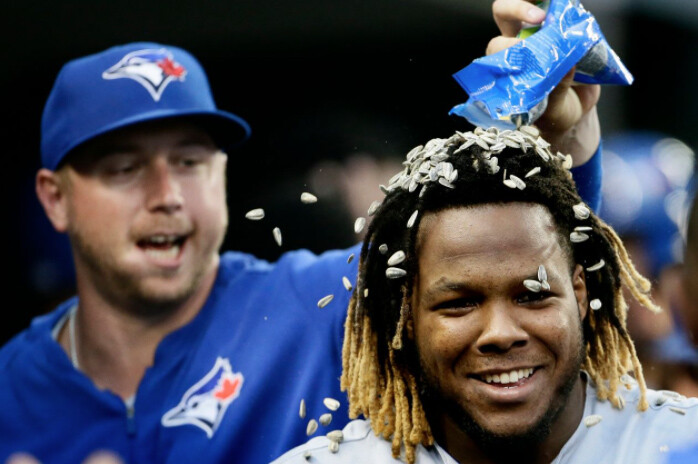
Under MLB’s proposed health and safety protocol to play amid a global pandemic, sunflower seeds and smokeless tobacco are considered contraband.
PHOTO: DUANE BURLESON/ASSOCIATED PRESS
Saliva testing checks all the right boxes for high-volume screening.
Dr. Marrazzo said that the saliva test checks all the boxes for high-volume screening: It doesn’t generate a lot of false positives and samples are easy to obtain. Samples of the samples can even be pooled for batch testing in a laboratory, which would speed up the turnaround time, to eliminate concerns about 10 or 20 people at a time, she said.
“If the pool test is negative, you know all samples in the pool were negative and you’ve saved a lot of work,” she said, acknowledging that, yes, it sounds disgusting.
The Sports Medicine Research and Testing Laboratory, the facility in Salt Lake City that would run baseball’s program, is promising results of tests within 24 hours, the person familiar with the league’s thinking said.
Even if the saliva approach doesn’t pick up 100% of cases, Dr. Marrazzo said it could be a reasonable trade-off because of the frequency with which it could be carried out and the number of people who could be tested.
The operations manual calls for “frequent” testing, but the exact amount will be the subject of negotiation with the union. The league believes by testing multiple times per week, it can catch asymptomatic, infected people before their viral load gets high enough to infect others. There is some evidence that viral load plays a role in the transmissibility of the coronavirus, though scientists warn the disease is still too new to know much about it for certain.
The limits on spitting—outside of a cup—while at the ballpark are part of a broader array of social distancing measures the league has contemplated. These involve discouraging showers at the stadium, rearranging the dugout and bullpen areas to keep people apart and instructing players to tip clubhouse staff using PayPal or Venmo rather than cash.
What happens if a player spits during a game remains unclear.

Under MLB’s proposed health and safety protocol to play amid a global pandemic, sunflower seeds and smokeless tobacco are considered contraband.
PHOTO: DUANE BURLESON/ASSOCIATED PRESS
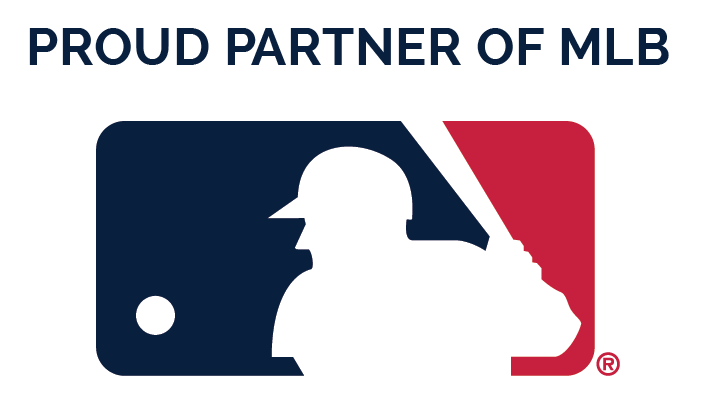
Bringing Baseball Back!
How you collect saliva makes a big difference
Increase workplace safety and build team confidence with simple and safe repeat testing programs supporting 100% accurate early detection and easy direct-to-user at-home options. Just ask Major League Baseball. See how our saliva collection system is credited for “bringing baseball back” and making Salt Lake “the league’s most important city”.
™/© 2020 MLB

Bringing Baseball Back!
How you collect saliva makes a big difference
Increase workplace safety and build team confidence with simple and safe repeat testing programs supporting 100% accurate early detection and easy direct-to-user at-home options. Just ask the Major League Baseball. See how our saliva collection system is credited for “bringing baseball back” and making Salt Lake “the league’s most important city”.
™/© 2020 MLB
Spectrum
in the News
Spectrum
in the News
Noninvasive
Saliva Diagnostics
This changes everything!
Saliva analysis looks at the cellular level, the biologically active compounds, making it a true representative of what is clinically relevant. Engineered to lead the saliva collection industry, the BioMAX™ delivers the safest and most robust biosample for the earliest detection and diagnosis of disease and infection.
Since 2020 and the COVID-19 pandemic, Spectrum’s saliva collection system not only introduced, it continues to expand the molecular diagnostics industry and its understanding of the opportunities saliva offers patients, providers, and laboratories.
Noninvasive
Saliva Diagnostics
This changes everything!
Saliva analysis looks at the cellular level, the biologically active compounds, making it a true representative of what is clinically relevant. Engineered to lead the saliva collection industry, the BioMAX™ delivers the safest and most robust biosample for the earliest detection and diagnosis of disease and infection.
Since 2020 and the COVID-19 pandemic, Spectrum’s saliva collection system not only introduced, it continues to expand the molecular diagnostics industry and its understanding of the opportunities saliva offers patients, providers, and laboratories.
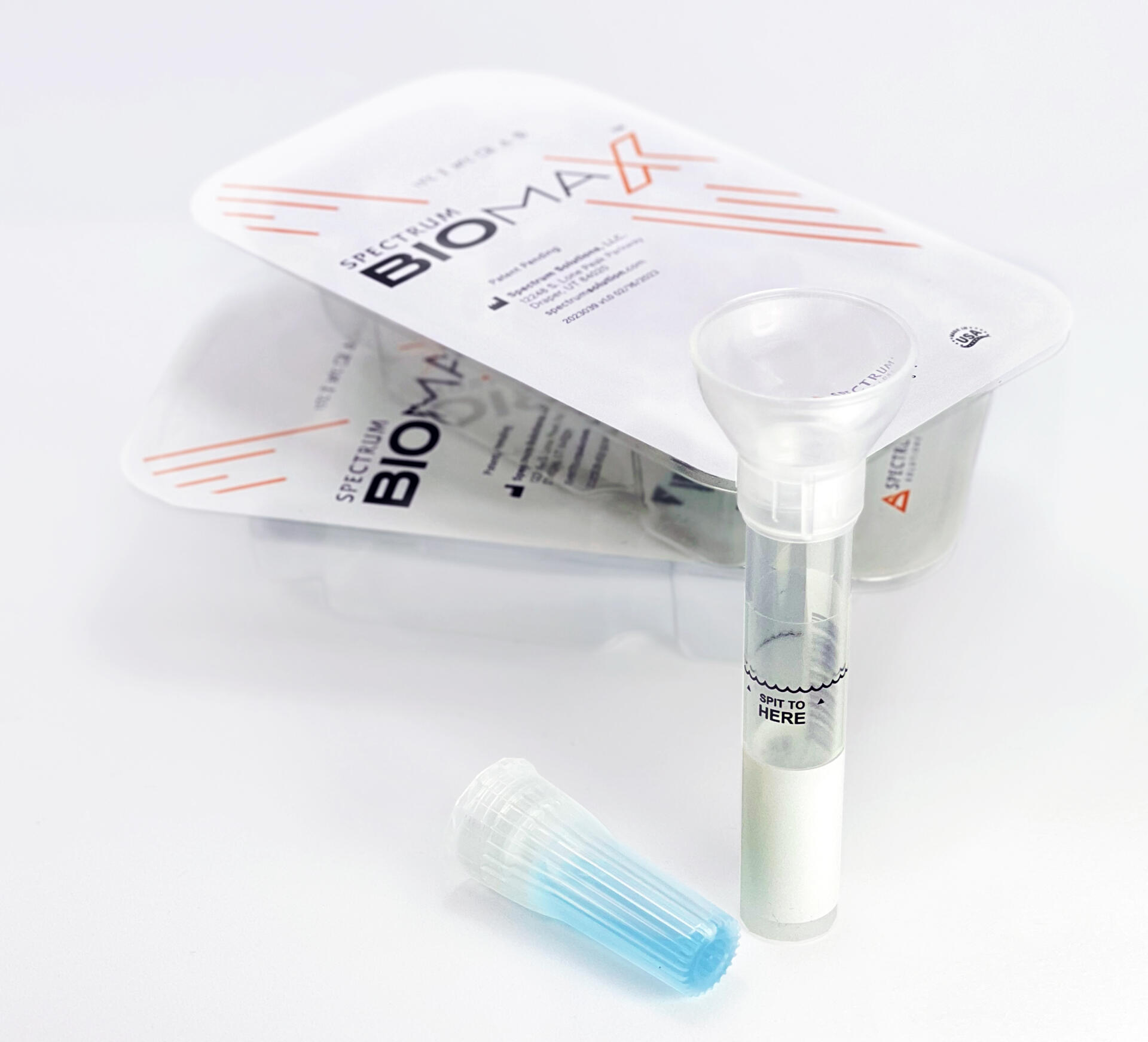
Outside-of-the-Box Thinking, Inside-of-the-Box Innovation
Anywhere from customized testing solutions to new medical science product innovations–we’re here to help.

